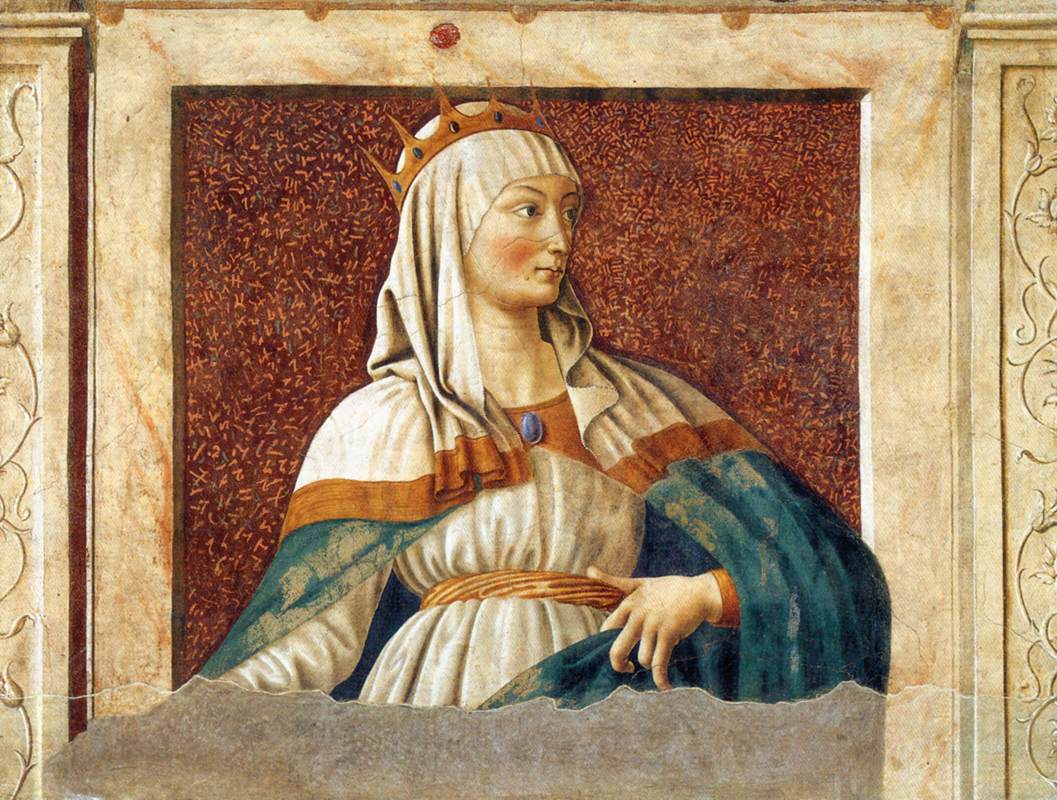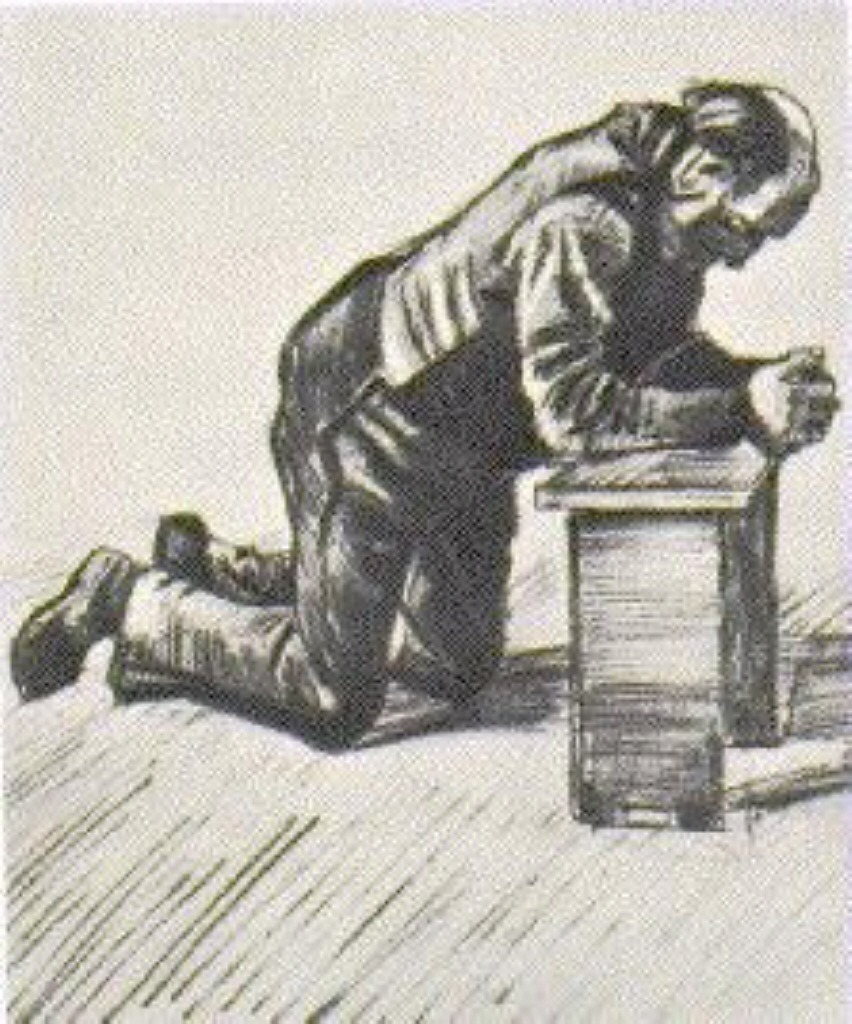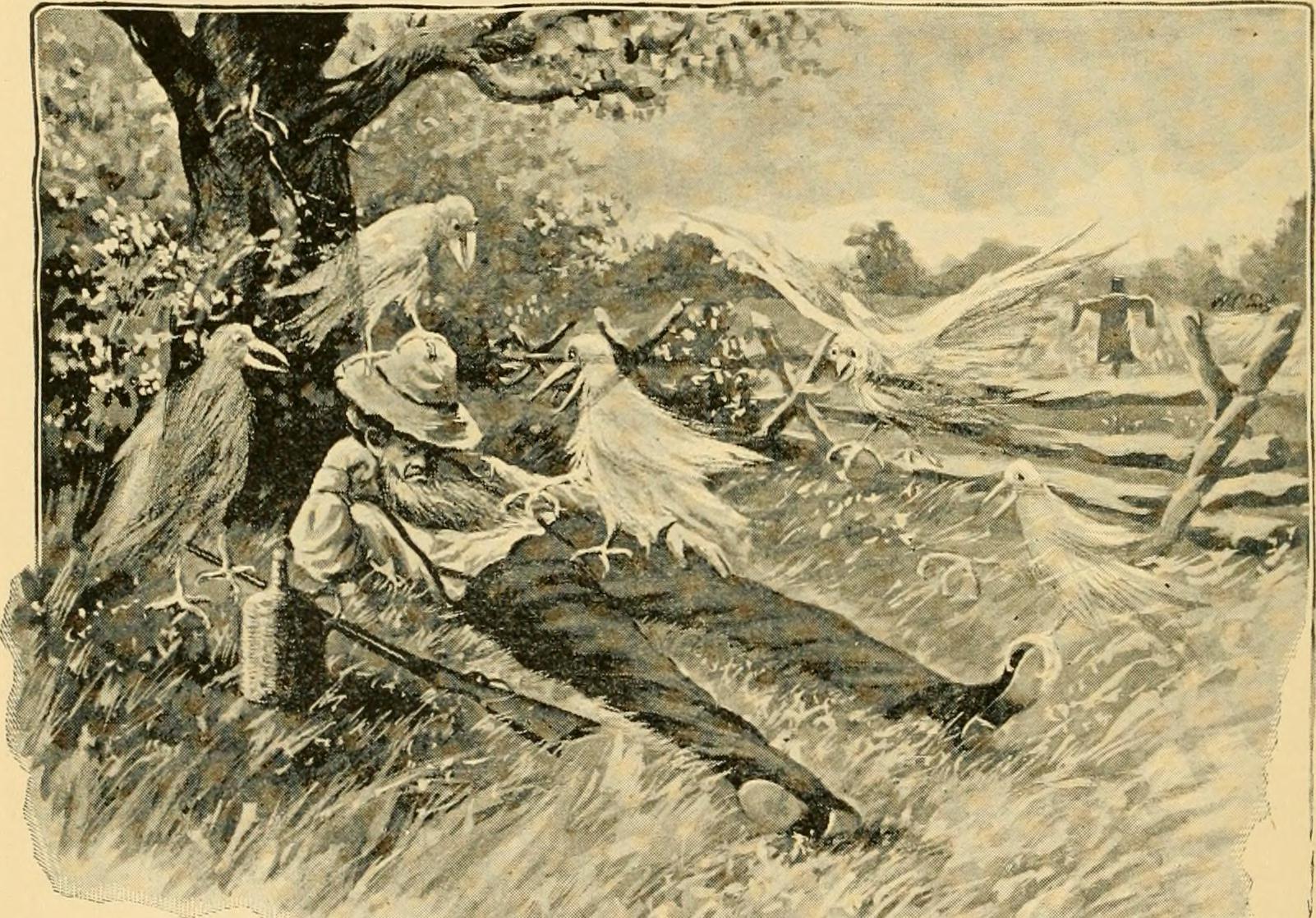Judah had rebelled against God. They would not hear His words (Jer. 25:8). Therefore, they were taken into Babylonian captivity. This took place in the year 606 BC. Jeremiah prophesied that this captivity would last for 70 years (Jer 25:11-12) and in fact that is exactly what happened. In the year 536 BC, the first year of Cyrus King of Persia, “the Lord stirred the spirit of Cyrus King of Persia that he made a proclamation throughout all of his kingdom…. that he should build God a house in Jerusalem, which is in Judah (Ezra 1:1-3). Cyrus sought out those who should return and rebuild the Temple. Zerubbabel lead the first group of captives back in 536 BC and the temple was rebuilt and dedicated in 515 BC. Not all of the Gods people returned with Zerubbabel. It had been 70 years. Some had been born in the territory of the Persians while others had stayed because they were being treated well. A second return occurred in 458 BC under the leadership of Ezra and finally Nehemiah returned with a group of exiles in 445 BC who rebuilt the walls of Jerusalem. The events recorded in the Book of Esther, from which we take our topic, occurred during the reign of King Ahasuerus between the years 486 BC to 465 BC.
The word providence has been defined as the “foreseeing care and guardianship of God over His people”. More specifically, providence is defined as “God providing for all the needs of His creation and in the same process bringing all of His creation to the ultimate conclusion for which He designed it”. Unless specifically identified in the scripture as an act of God, such as with Joseph (Gen 50:20) and of the crucifixion of Christ (Acts 2:23), we must view Divine providence in retrospect and qualified with “perhaps” (Philemon vs 15), or as stated by Mordecai in Esther 4:14 “who knoweth…? It is in this view that we identify the various acts and circumstances which are perhaps due to the providence of God in the lives and actions of Mordecai, Esther and Haman.
These are:
- Cyrus was considerate of the Jewish people. Ezra 1:1;
- Esther and Mordecai had both decided to stay behind during the initial return. Ezra 2: 1-61
- Mordecai had taken her in when orphaned. Esther 2:7
- Vashti was a modest and courageous woman who refused to please the lust of the King and his companions. Esther 1:12
- The fear of the princes that their wives would revolt at Vashti’s refusal. Esther 1:16
- Esther found favor with Hegai, the keeper of the women. Esther 2:9
- Mordecai had instructed Esther to withhold her nationality from the people. Esther 2:10
- Esther was very beautiful and obtained favor in the sight of all who looked upon her. 2:15
- The King’s desires turned him toward Esther. 2:17
- Mordecai learned of the plot to overthrow the King and reported it. Esther 2:21-22
- The King promoted an arrogant, deceitful, wrathful and ruthless man named Haman to a position of power. Esther 3:1
- Mordecai had let it be known that he was a Jew and did not show reverence to Haman at the gate. Esther 3:4-5
- Haman took radical action to destroy all of the Jews because Mordecai failed to reverence him. Esther 3:6
- Mordecai mourned openly at the gate. Esther 4:1
- Mordecai is observed by faithful maidens and chamberlain of Esther who advised her of Mordecai. Esther 4:3-4
- Mordecai encouraged Esther to take the opportunity to intervene on behalf of the people. Esther 4:13-14
- Esther summoned her courage to approach the King though he could have put her to death. Esther 4:11; 5:2
- Esther cleverly arranged a banquet about which Haman considered himself to be an honored guest. Esther 5:11-12
- The night before the banquet the King could not sleep and read the record of Mordecai saving him from overthrow. Esther 6:1-3
- Led by his arrogance, Haman inadvertently and unknowingly recommends high honor for Mordecai. Esther 6:6-10
- King Ahasuerus remains very generous and charitable toward. Esther 7:1
- The king viewed Haman as wicked. Esther 7:8
- The King gave his permission for the Jews to protect themselves. Esther 8:11
- The Jews are spared. Esther 9:1-19
- Mordecai advanced to a position second only to the King. Esther 10:3
Though each of these acts could be viewed as providence we cannot be certain. We do however know that being free moral agents He (God) must deal with us (man) in indirect influences so as not to override our ability to choose what actions we will take. He does this by bringing to bear different influences such as motives, circumstances, instruction, persuasions and examples. We also know that like Joseph (Gen 50:20), one of Gods people (Mordecai) was elevated from out of favor to second in charge of the nation wherein he and his people were considered foreigners. By these acts God’s people were preserved and His purpose served, therefore meeting the criteria of providence.
So how does this apply to us? By following the scripture and doing our best to serve God, perhaps like Esther, our engagement is for such a time as this.
How God Saves – – Keep the Faith





